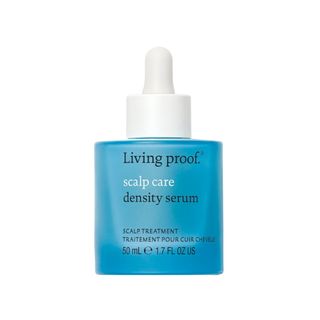I want to grow my bob into long waves - so I asked the pros for hair growth tips
Our fuss-free guide to growing your hair quickly and healthily, according to leading trichologists
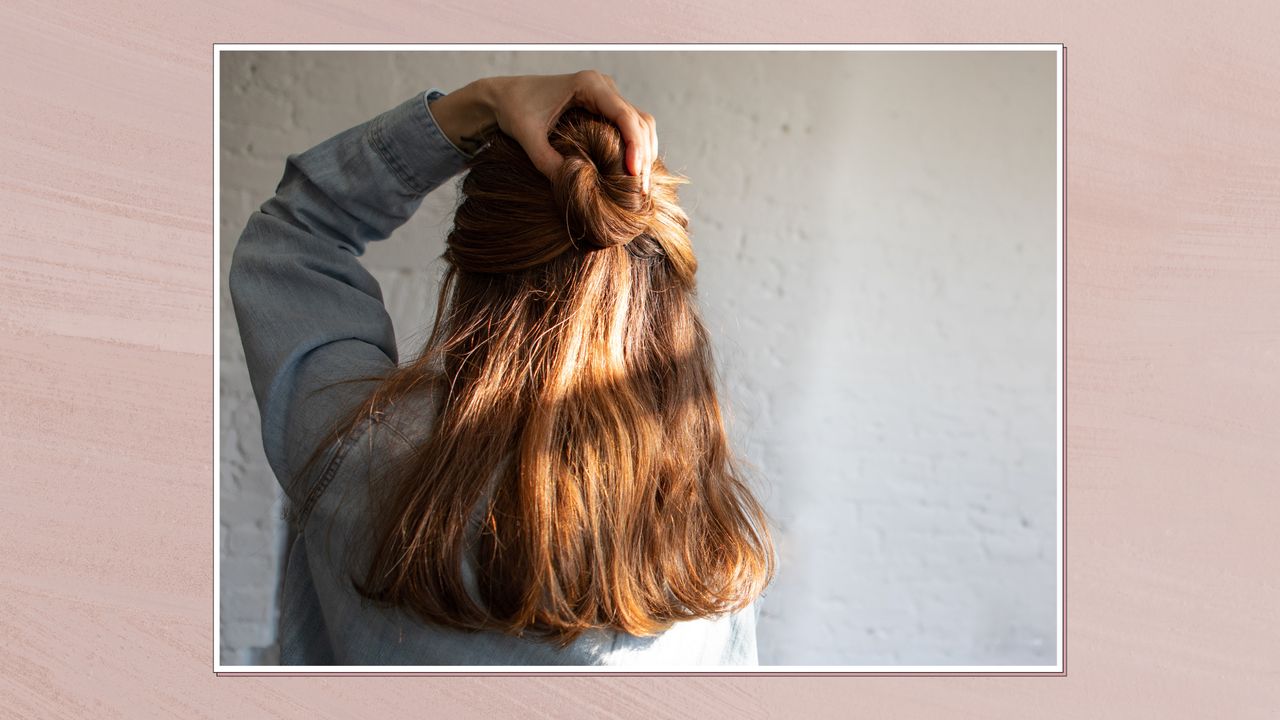

As a bleached blonde of many years who often uses heated styling tools, I’ve always had trouble growing my hair. For this reason, I most commonly sport a bob or shoulder-length style. But lately, I’ve felt the itch to grow my hair and achieve beautiful long waves – I just needed to know how to do it.
I consulted two expert trichologists to find out what works, what doesn’t, and how to get the hair of my dreams – as well as sharing advice for those in the same situation.
If that's you, you should know upfront that the process of encouraging hair growth is less about taking steps to 'make hair grow faster' and more about what you should avoid for things to go as planned and get you on the path to hairstyles for long hair.
How to grow your hair healthy and strong, acccording to trichologists
“Hair grows, on average, half an inch a month. You cannot speed this up,” says Anabel Kingsley, brand president and consultant trichologist at Philip Kingsley. “That said, there are plenty of things that can prevent your hair from reaching the desired length.”
For example, “Nutritional deficiencies can cause hair to fall out before it reaches the length it’s capable of," she continues. "Addressing [these], or any other underlying cause, can therefore help you achieve your optimal rate of hair growth. Breakage can also prevent hair from growing longer, so looking after your hair’s general condition and strength is important.”
With all this in mind, here are the best ways to keep hair growth on track in both a time-effective and healthy way – straight from the experts.
1. Invest in ingredients (but don't always believe the hype)
TikTok would have you believe that there should be a new ingredient sitting on your shelf every week that'll give you Rapunzel-worthy strands. However, says Anabel, it’s worth approaching certain recommendations with caution (or at least with managed expectations).
Sign up for the woman&home newsletter
Sign up to our free daily email for the latest royal and entertainment news, interesting opinion, expert advice on styling and beauty trends, and no-nonsense guides to the health and wellness questions you want answered.
For starters, she notes, “castor and rosemary oils do not promote hair growth.” They do, however, “serve a purpose in conditioning hair treatments” and benefits include “adding shine and smoothing the hair cuticle to lock in moisture and improve combability.”
Celebrity trichologist and Viviscal ambassador, Hannah Gaboardi agrees that there’s plenty of smoke and mirrors in this area. “Many marketed hair growth solutions perpetuate myths and misconceptions," she says. "Hair loss shampoos often claim more effectiveness than they deliver, primarily improving scalp health rather than reversing hair loss. Natural remedies such as oils and plant extracts may nurture scalp health but lack universal evidence for significant hair growth stimulation." In other words, Hannah summarises, products that claim to get instant results are usually exaggerated, "hair growth is a gradual process,” she notes.
Trichologist Hannah does recommend certain ingredients that you’ll likely have heard of, however. “To promote hair growth, focus on using products such as specialised shampoos and conditioners with ingredients like biotin or caffeine, topical treatments like minoxidil, and scalp massagers," she advises.
2. Take a look at your diet
As with skin health and nail strength, hair growth is largely impacted by what we put into our bodies, as well as what we put on them. “Eating a variety of foods – i.e. a balanced diet – certainly helps hair growth,” says Anabel, adding that the most common deficiencies she sees in-clinic include iron and ferritin (stored iron), vitamin B12 and a lack of protein and complex carbs.
To combat this, Hannah recommends a diet full of: “adequate protein, from sources like lean meats and beans; omega-3 fatty acids, found in fish and nuts; essential vitamins and minerals such as biotin, from eggs and whole grains; vitamin D, from sunlight or supplements; vitamin E, in nuts and seeds; zinc, in nuts and seeds; and iron, in red meat and spinach.”
She adds that hydration is also key to hair health, so keep that water bottle close by at all times.
3. Supplement, supplement, supplement
Sometimes our diet can be lacking due to certain situational factors, meaning supplements are needed. If you’d like to keep hair in tip-top condition so it continues to grow rather than breaks, you could look at trying supplements containing certain vitamins and minerals.
For those who are deficient, iron and B12 supplements may be a top choice, while biotin is also linked to hair health. Many brands – including Philip Kingsley and Viviscal – offer supplements that have been specifically designed for hair.
4. Scalp care is key
While some social media hair growth hacks might fall short (no pun intended), one that has been hailed by hair experts is scalp care, with products like the best scalp treatments surging in popularity. “Scalp health is essential to healthy hair growth; your scalp is your hair’s support system and the bedrock of your hair follicles,” says Anabel. “Numerous studies have shown that a flaky, inflamed scalp can lead to hair loss. Poor scalp health can also negatively impact the strength of hairs as they emerge from the follicle.”
Anabel recommends investing in some scalp drops, which she says are ideal “if you’re experiencing hair shedding, or you simply want to support your hair growth cycle.” You can also try gently massaging your scalp regularly, trying masks designed for this area, and exfoliating.
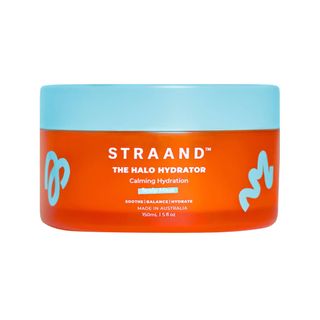
RRP: £26
The scalp experts, STRAAND offers this soothing mask with niacinamide, aloe vera and hyaluronic acid.
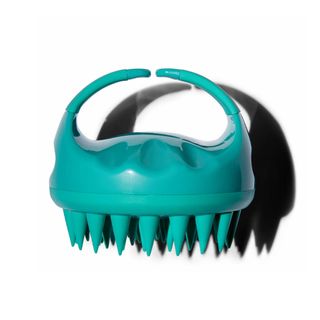
RRP: £12
For that extra scalp stimulation, massage in your chosen oil or mask with a tool such as this one.
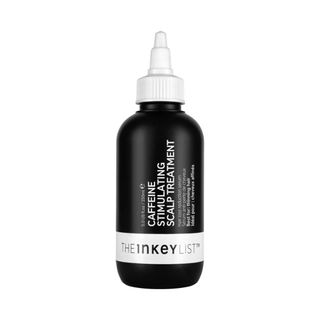
RRP: £15
The Inkey List’s affordable treatment uses caffeine, Redensyl and betaine to optimise hair health and growth
5. Go gently
Often when we see things going wrong, we throw caution to the wind and chuck everything at a problem. Take, for example, our skin. Many of us may approach acne or inflammation by introducing multiple new acids or retinoids into our routine, but what the skin would likely benefit from more is a pared-back, simple skincare routine to recover and restore its barrier.
Likewise, both the skin on our scalp and the hair from root to tip are simply looking to be treated with care. Stick to a gentle shampoo and conditioner, mask up regularly, and always, always wear heat protection when you reach for heated tools (which ideally is rarely.)
Remember, too, that a semi-regular trim removes breakage from the ends of the hair and ensures that it's kept to a minimum.
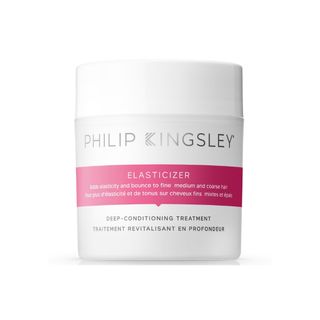
RRP: £38
One of my favourite conditioning treatments, use this weekly to maintain overall hair health.
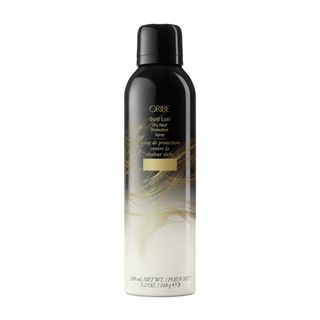
RRP: £42
Try your best to avoid heated tools, but when you do use them, always remember the heat protectant.
6. If all else fails, seek professional help
No matter what we do, some of us may just be more prone to hair breakage or loss than others. If you’re struggling to get things moving in the right direction, the experts recommend consulting a doctor or trichologist to get to the root of the problem.
“If your hair is shedding too much or not growing as long as it should, having a comprehensive blood test to check vitamin and mineral levels, as well as thyroid and hormone levels, can be instrumental in treating hair loss,” notes Anabel, while Hannah says: “Specialists provide comprehensive care to address underlying causes and optimise hair health based on individual needs. They can also prescribe medications or therapies to address these issues effectively.”
Rebecca (best known as Becky) is a freelance beauty editor and features writer with a decade worth of experience in the industry. She started her career at Glamour UK and has since worked in roles at titles and brands such as Eliza, Bustle and Space NK. She has written for British, US and Australian publications, from Marie Claire and Refinery29 to Stylist and The Coveteur.
She is a keen traveller and often works on the road, covering everything from beauty and fashion to sex, love and dating. Her favourite pieces to write are first person features born from her experiences in the world. She is proudly queer, feminist and pro-choice, and advocates for mental health issues and women's rights. You can check out her work at her portfolio and on her Instagram.
